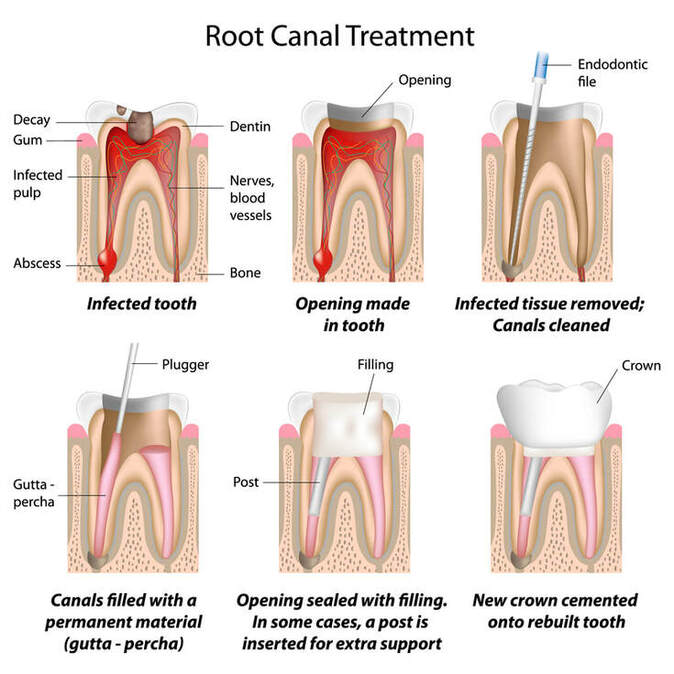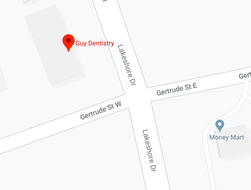Root Canal Treatment
When a tooth's nerve, or pulp, becomes infected, leading to pain and swelling, you may choose between a root canal or tooth extraction. The pulp, which comprises nerves, blood vessels, and connective tissue, has limited healing ability when damaged by deep decay, excessive wear, or trauma, leading to its death. A dead pulp can cause pain, infection, and swelling, which, if left untreated, may spread to the bone surrounding the tooth. A root canal can save the tooth by removing only the diseased nerve, preventing further complications or the necessity for tooth extraction.
Video:
Video:



